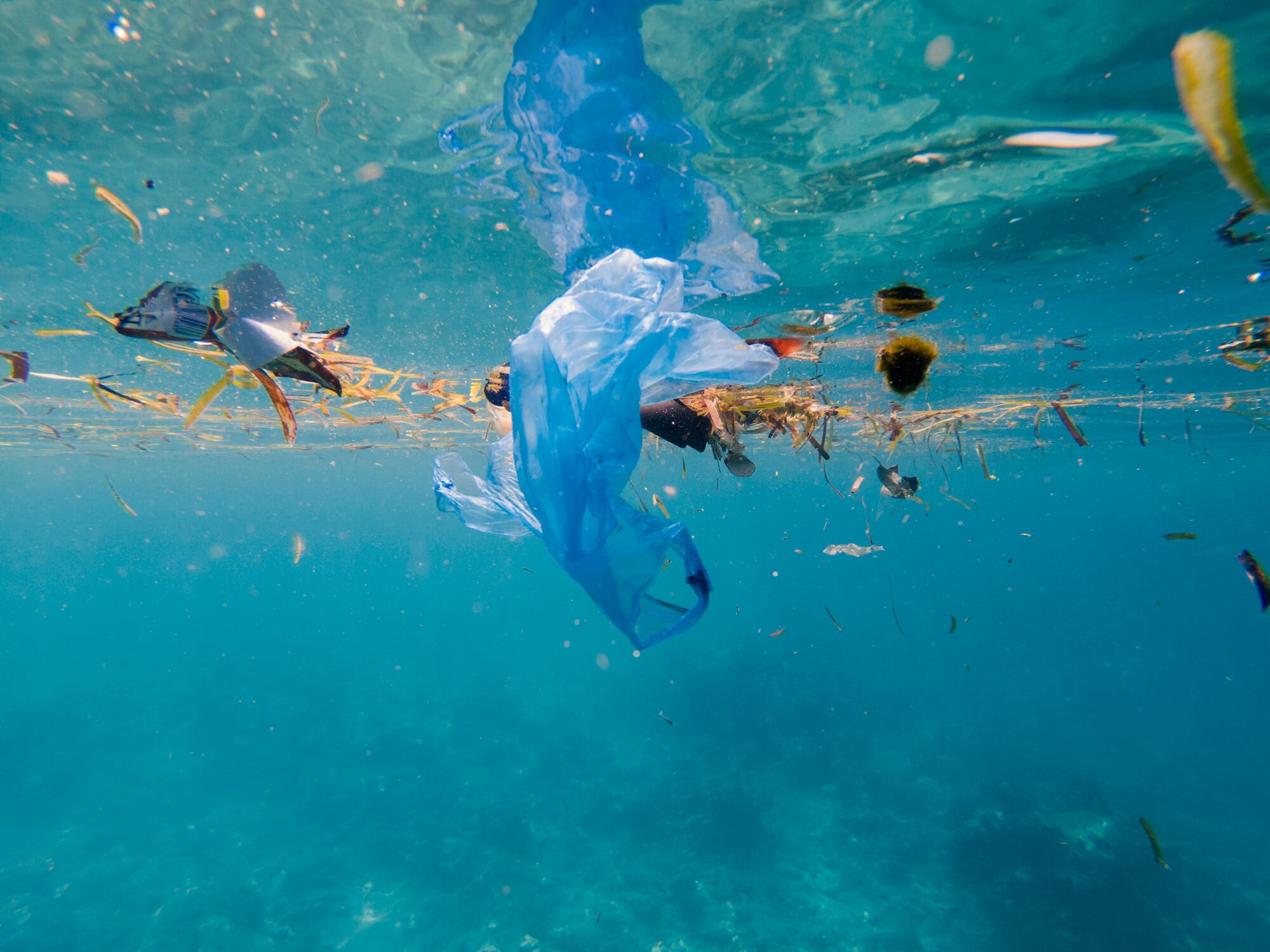Several parts of Latin America have introduced new legislation to restrict or ban single-use plastics. Costa Rica, for example, pledged to become the first country in the world to be single-use plastics-free by 2021; Chile became the first LATAM country to ban plastic bags; and Rio de Janeiro in Brazil and Pinamar in Argentina have banned plastic straws.
Graciana Méndez, trends analyst for Latin America at Mintel, said businesses across the region were making “drastic changes” to comply with these new laws, rethinking materials and exploring more eco-friendly options, and had a “unique opportunity to become influential players” in the shift away from a throwaway economy.
“People in the region are known for being resourceful and inventive. Many times this innovative mindset is driven by lack of resources. We've seen tremendous innovation come from our region,” Méndez told FoodNavigator-LATAM.
A company in Chile, for example, had developed a plastic bag that dissolved in water in a few seconds and Mexican company Biofase recently developed straws from avocado seed resin, she said.
Mexico-based AvoWater had 100% biodegradable bottles made from avocado seed resin, for example, for some of its range already, ensuring the bottles could be composted and degrade within a year.
Being eco-friendly traditionally considered 'a luxury'
However, Méndez said the majority of consumers in Latin America were only just starting to become informed and aware of the consequences of environmental damage and still needed more education on the impact materials like single-use plastics had on the environment.
Many of these consumers, she said, were “looking to companies to lead the way in making dramatic changes”.
“LATAM consumers are still not fully aware of the impact the wasteful habit of using single-use plastics has on the environment. Being eco-friendly has traditionally been considered a luxury that few could afford in Latin America, but with this new legislation and growing awareness of sustainable issues, people are beginning to see that doing nothing is no longer an option.”
Communication and awareness campaigns would be key to making consumers reconsider old habits, she said, as well as outlining why such materials or packaging may cost more and much of this could come from food and beverage brands.
“Sustainability has not yet become the main driver when purchasing a product, opening up opportunities for brands to shift consumer attention to the benefits of purchasing sustainable products and how that might impact their purchase decisions long-term,” she said.
Rich natural resources – an innovation starting point?
Méndez said Latin America was renowned for its vast natural resources, biodiversity and materials – all good starting points for sustainable inspiration.
“There's also scope to explore edible materials as well as bioplastics made from algae, sugarcane or avocado pits,” she said.
The ocean offered plentiful opportunities for sustainable material product development, she said, and brands looking for inspiration in this area would do well to look at products recently developed, like plastic food wrap made from crustacean shells or bioplastic made from algae.
“The sea should stop being an 'ocean of waste' to become a source of inspiration and innovation. Brands can play a key role in making marine plastics no longer mean plastic waste thrown into the ocean but biodegradable materials sourced from the ocean.”
With any alternative packaging innovation, however, Méndez said it was important companies conducted a full assessment before switching. Use of paper bags, for example, had been criticized by some environmental experts who claim the lifecycle, including production, use and disposal, had a greater global-warming impact than plastic bags because of energy used and associated food waste.
“When exploring and experimenting with alternative materials, brands would need to weigh in on whether the new source will effectively prevent further environmental damage,” she said.
Sustainable future
Sustainability was recently listed by Mintel as one of the top global trends for 2019, suggesting consumer support and demand for corporate sustainability programs would grow.
At Septembers Food Tech Summit & Expo in Mexico, Brad Jakeman, senior advisor and consultant at PepsiCo and former president of the company's global beverage group, told attendees the emerging ecological crisis caused by single-use packaging was one significant factor disrupting the food and beverage industry.
Jakeman said the trend was pushing many consumers towards more local entrepreneurs who were using innovative packaging that was, for example, easy to compost, reduce, recyle or reuse and the wider industry had to react.

